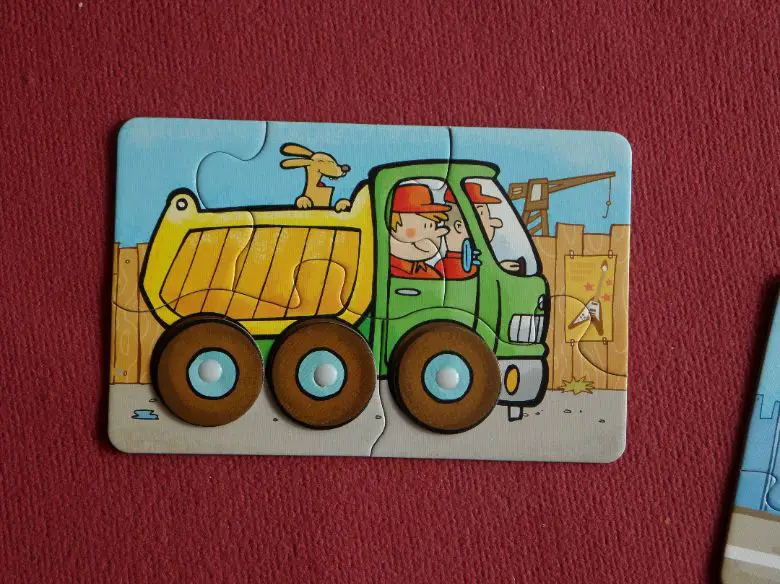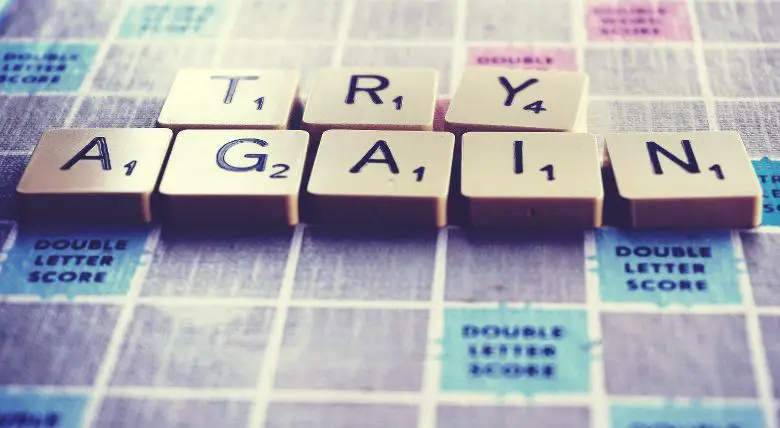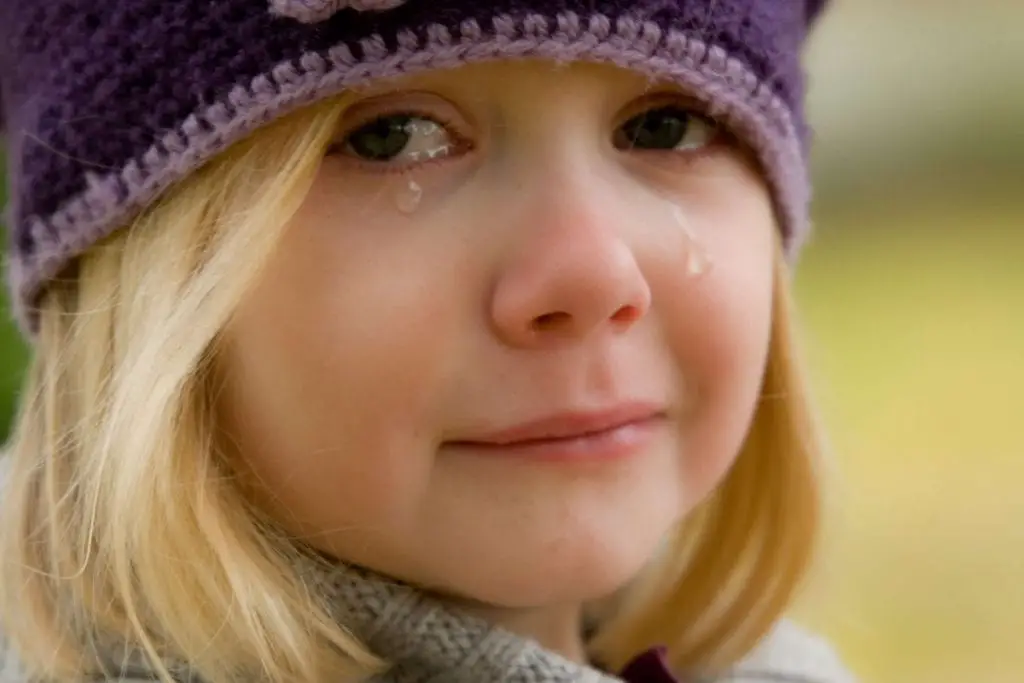Failure isn’t just part of life, it’s one of the most neglected, taboo subject on the planet. We don’t like talking about it, because failure hurts. And it hurts even more when we see our children experiencing it. There’s a helplessness that comes from watching your children struggle, stumble and fall. Maybe it’s because it conjures up our own memories about personal failures. Whatever happens, we’re immediately compelled to react, to solve and to make things better.
This is why we have an epidemic of lawnmower parents. It’s so hard to stay objective when it comes to our own children. We may not be able to change the world to suit our children. We can, however, teach our children how to embrace failure. There will be ups and downs, but the more they learn to make failure a part of their experience, the happier they will be.

As Tony Robbins says:
“When people succeed, they party. When people fail, they ponder.”
The focus of this article is to prepare you for dealing with your child’s failure. Their success is somewhere down the road, beyond the failures. Your job is to help them get to that point, beyond the tough times. Not to shelter them.
It Starts With You
Learning to help your children through failure is not a straight path. It’s a rollercoaster. But stick with the process and your effort will soon pay off. However, your children’s views about failure, mistakes and “doing things wrong” are hinged on your views.
Children See, Children Do
Children model everything they see. Some of this is the cute stuff – they laugh like us, or use words that we use. Some of the behaviours that they model are not so cute. Some are downright disastrous. Ever see a father that lost his temper in traffic? His kid was watching him, soaking it in and learning. This is where the journey to becoming an authentic parent begins – learning the lessons you want to teach first.
As a father, you need to embrace your own failures and see them as teaching moments. It will be hard. Your emotions will come up. You will be challenged.
The Size of a Problem is Relative
The size of our problems are in direct proportion to the size of our being in that moment. Your challenges are yours. Your child’s challenges are hers. But in terms of experience, they are the same. Most people scoff at the challenges other people are facing. Especially their children. We laugh at a child’s frustration when they can’t tie their shoelaces, or when they’re 8 years old and they suffer their first break up. These experiences are all relative though. Remember this. Be patient with them. And be patient with yourself.

Control Your Emotions First
Learn to handle your own emotions about failure. When your children see you patiently handling failure there is less emotional charge around whatever is happening. When they see you getting positively excited about making mistakes, they become conditioned to see the world as a fun place of learning. Give them the gift of a mentor that knows what they’re talking about. Kids, like us, want to follow someone who has walked the journey we’re on.
Most importantly, don’t yell at them. Yelling unnecessarily is an eruption of your personal frustration. It’s a way of getting rid of the uncomfortable emotions that you’re feeling. There are times where yelling is effective. When your child is working through a challenge, it’s probably not the right time to exercise it.
Don’t Step in Early
Your reactions are yours to control, to master. Practice stopping your interventions when you see your child failing. Pause a moment, take stock of your habits. Are you intervening too early? Or is it too late? What effect is it having on your child?
Sometimes, hanging back a few moments will allow you to see the full picture of what your child is facing. If they’re not in any physical danger, then the experience that they’re in could teach them something valuable. While you’re there, watching them struggle, offer encouraging words, or ask them questions. The more you take them out of their thoughts and emotions, the more chance you give them of finding a solution to what they’re facing. Yes, they may give up and walk away…today. But give them time to process the defeat, think up a new strategy and implement it. Be patient with them. Children are resourceful.
Get on the Same Page as Your Spouse
You and your spouse will have different ideas about how to handle failure. In private, discuss these ideas and agree on a way forward. There’s nothing worse than one parent buckling under the pressures of their child failing. Be strong and your children will grow stronger through every mistake they make.
Remember, what you both want is a child that can take on any challenge whether or not you are with them. A child who is resilient, courageous and strong. Be patient with them. When you and your spouse are long gone, you both want your child to thrive in the world, don’t you?

How to Help Your Children Through Failure
Now that you’ve taken the time to work on yourself, it’s time to focus on your children. Here are a few steps you can follow to help them see failure as something constructive.
Start Small
No human being starts running out from their mother’s womb. Every development has its stages. Learning from failure is no different. Start your kids off with a small challenge. The keyword here is “challenge”. It can be small, but it must be something that they’ve either never done before, or that they struggle to do well. Put some time aside to be there with them while they’re doing the activity. Just watch.
Notice what happens to your own emotions when their irritation and frustration arrive. Notice your reactions and where you want to get involved. Remind yourself that it’s a low-risk activity. Don’t get involved outside of asking questions and giving encouragement. Whatever reactions your child has with this activity will be multiplied and compounded when the stakes are higher. As T Harv Eker says,
“How we do anything is how we do everything.”

Reframing Failure
It’s not that you win or you lose. It’s that you win or you learn. Create a winning and learning culture at home. When your children win, celebrate. When they don’t win, ask them what they learned. Ask them what they can take away to make the next encounter better. Be patient with them changes the way your children approach their mistakes.
Regaining Abilities
We have many abilities. Most of them are not even conscious abilities. Our children are the same. Every time they overcome an obstacle, solve a problem, gain success, they’ve gained a new ability. It’s important to discuss these abilities with them, and get them to take ownership of them on a conscious level. The more we teach our children to own their abilities, the bigger they grow. The bigger they grow, the smaller their problems and failures become.
Celebrate Winnings and Learnings
Not every moment is pleasant, but your role as a parent is akin to a guide; a mentor. Not a surrogate. You’re not here to carry their burdens for them. When they win, Be patient with them. When they fail, ask them questions so that they learn their lessons. But give just as much celebration to what they learned from the failures and mistakes. In essence, they can be more valuable than the successes…because if they learn the lesson well enough, they’ll never make that exact mistake again.

Give them Time to Process their Emotions
Failure isn’t pretty. It fires up anger, sadness, fear and a slew of other emotions. Be okay with this. Let your child process their emotions the way they need to. After 24 hours, if they’re still stuck in the emotion, talk them through it. Ask them questions about what happened, what they can do about it, what they learned, and where the silver lining is.
Managing Expectations
The deepest pits of failure come when we expect them not to. Expectations of people or ideas about our own abilities are dangerous because they form an imaginative picture of how things could be. We idealise how things will play out, justify them and then crumble when reality didn’t match up to expectations.
Teach your children what they have control of, and what they don’t have control of. This will help them manage their expectations. From here, failure becomes relative.

The Journey Continues
It’s a journey. You are going to make mistakes. You’re going to get things wrong. You’re going to win and learn. The irony is that you’re going to fail in teaching your children how to handle failure. But that’s what you’re aiming for actually. You want to show them that no matter what life throws at them, it’s all going to be okay.
Failure is feedback to the games in life we play. The more we Be patient with them. This is true for our children and for us. But it all starts with you, dear father, and how you handle failure. Are you up for the challenge?
